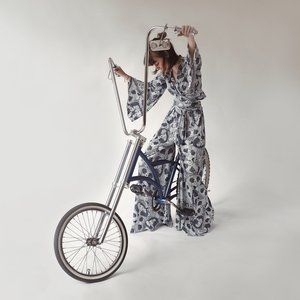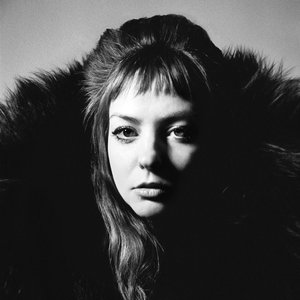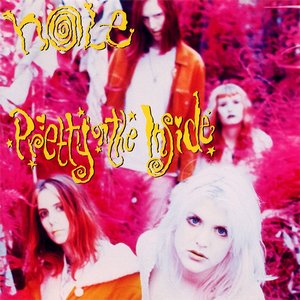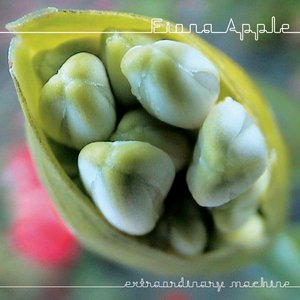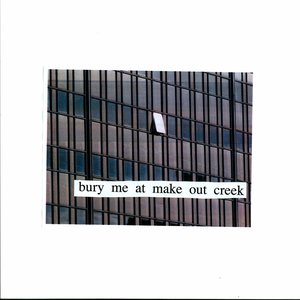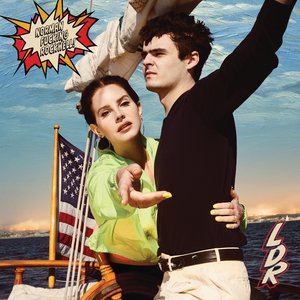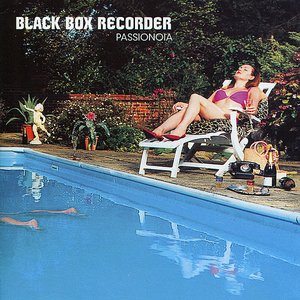Wiki
-
Release Date
16 April 2020
-
Length
13 tracks
Fetch the Bolt Cutters is the fifth studio album by American singer-songwriter Fiona Apple. It was released on April 17, 2020, Apple's first release since The Idler Wheel... in 2012. The album was recorded from 2015 to 2020, largely at Apple's home in Venice Beach. It was produced and performed by Apple alongside Amy Aileen Wood, Sebastian Steinberg and Davíd Garza; recording consisted of long, often-improvised takes with unconventional percussive sounds. GarageBand was used for much of this recording, and Apple credited the album's unedited vocals and long takes to her lack of expertise with the program.
The album explores freedom from oppression; Apple identified its core message as: "Fetch the fucking bolt cutters and get yourself out of the situation you're in". The title, a quote from TV series The Fall, reflects this idea. The album also discusses Apple's complex relationships with other women and other personal experiences, including bullying and sexual assault. It has nevertheless been referred to as Apple's most humorous album.
Fetch the Bolt Cutters was released during the COVID-19 pandemic, and many critics found its exploration of confinement timely. It received significant critical acclaim, and was described as an instant classic and Apple's best work to date. The album received a nomination for Best Alternative Music Album at the 63rd Annual Grammy Awards, whilst "Shameika" was nominated for Best Rock Song and Best Rock Performance. The album debuted at number four on the US Billboard 200 and number one on the US Top Alternative Albums and Top Rock Albums, with 44,000 equivalent album units. It also charted in the top 15 in Canada, Australia and New Zealand.
The piano-playing typical to Apple's work is still evident, but takes a more percussive form. As well as drum sets and traditional percussion, the album features the use of found objects as percussion, such as a metal butterfly and the bones of Apple's deceased dog Janet. The experimental rhythms on the album evoke industrial music and are juxtaposed against more traditional melodies. Stereogum's Tom Breihan argues that while percussive music is typically "built around the idea of dancing, of guiding and channeling the rhythms of the human body", the album instead "plays as a wild, feverish attempt to mirror the chaos that goes on in the human mind when it's at its most overheated". Apple has attributed the album's prominent use of percussion to a childhood habit, developed as a part of her obsessive-compulsive disorder, in which she would always walk rhythmically to a strict tempo.
The album has been noted for its experimental approach to pop music. Critics have noted its ambition and originality. Nevertheless, it has been compared to the works of Joni Mitchell, Tom Waits, Nina Simone and Kate Bush, who is quoted on the title track.
The album often rejects popular music's traditional verse-chorus structure. The unpredictable songs feature looped sections, sudden stops and tempo changes. It has been noted as less melancholy than Apple's past work, with the uptempo songs being described as "funny, angry, and at times triumphant".The album features frequent improvisation, as well as background noise such as the barking of dogs, largely as a result of its home recording.
On the album, Apple approached her voice as a musical instrument, commenting: "I have fun with my voice, but I'm not trying to make it pretty all the time. I'm not trying to convince anybody I'm a singer. It just turned out to be another instrument". Breihan noted that Apple demonstrates "a rapper's sense that words can be music", while The Guardian's Laura Barton highlighted the intimacy of Apple's vocals: "half-conversational, half-self-mutters, allowing every scuff, breath and feral yelp". Jon Pareles of The New York Times found that "whether she's cooing with sarcastic solicitousness or rasping close to a scream, she articulates every word clearly, emoting but never losing control".
Lyrically, Apple identified the album's main theme as "not being afraid to speak," with Barton similarly recognizing "a refusal to be silenced". Apple later said that this was an oversimplification, elaborating that "it's about breaking out of whatever prison you've allowed yourself to live in," and pinpointing the message as: "Fetch the fucking bolt cutters and get yourself out of the situation you're in". She has said that writing the album helped free her of the ideas she had of herself, explaining that "this whole album, for me, has turned into the headache that I had inside of my head and now that it's released, it's like this pulse that now we can all share". Pareles found that the album explored "both past and present injuries: bullying, sexual assault, destructive mind games, romantic debacles, own fears and compulsions and the people who have taken advantage of them". The album explores freedom, with Breihan writing that "we can hear the euphoria of a great unburdening".
Another theme Apple explores on the album are her complex social relationships with other women. Apple commented that these relationships began to suffer in middle school, and the album features Apple trying to make peace with "the sorts of women that society has always deemed her 'competition'", such as subsequent girlfriends of her exes. Apple summarized this idea as "not letting men pit us against each other or keep us separate from each other so they can control the message".
Album descriptions on Last.fm are editable by everyone. Feel free to contribute!
All user-contributed text on this page is available under the Creative Commons Attribution-ShareAlike License; additional terms may apply.



